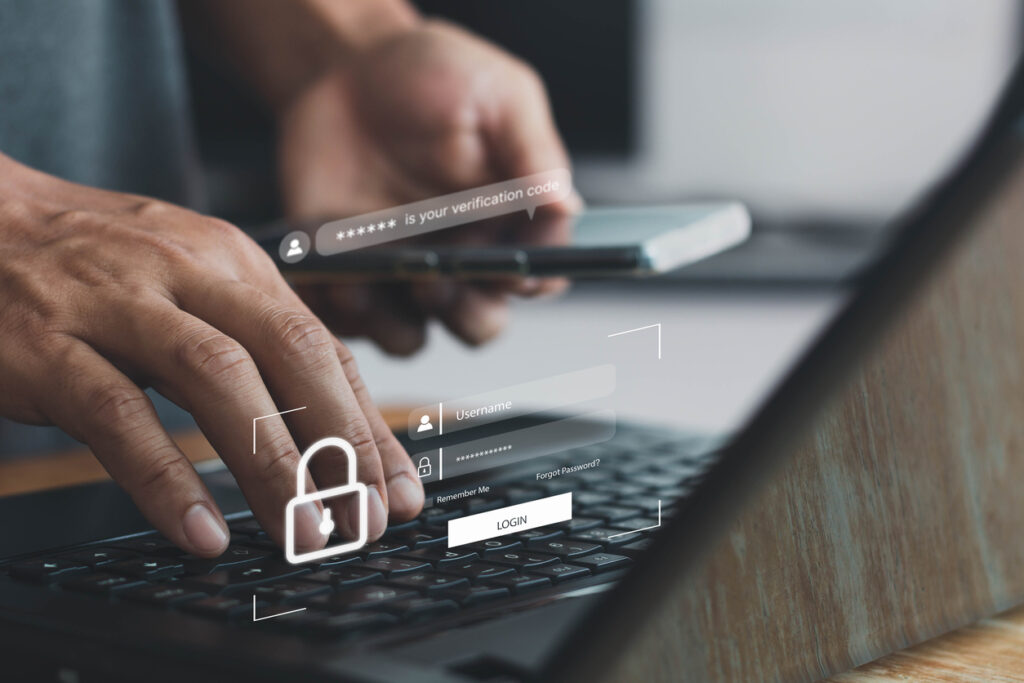If you have a credit score you wish you could change, it may be tempting to take a short cut – which scammers are counting on. The FTC is cracking down on a new fraudulent practice taking advantage of bad credit scores with falsely advertised credit repair services.

The FTC Case Against Fraudulent Credit Repair Services
According to the FTC, groups like the Financial Education Services, Inc. (FES) charged new customers hundreds of dollars in illegal upfront fees and provided them with form letters to send to credit reporting agencies to fix unfavorable credit scores.
Unfortunately, these do not usually lead to any material changes.
Deceptive practices like these give false hope and prey upon the emotions of consumers. Don’t fall victim – if something seems too good to be true, most of the time it is.
Understanding Your Rights and Legal Options
Some people turn to credit repair companies to help them address mistakes on their credit reports. It’s important to know your rights and understand that:
1. Disclosure of Rights and Costs: Credit repair companies must explain your legal rights and provide a detailed contract outlining total costs before they start working on your behalf.
2. No Upfront Fees: It’s illegal for these companies to charge you before they’ve provided any services.
Report Scams and Bad Practices
If you encounter any issues with a credit repair company or spot a scam, fraud, or unfair business practice, don’t ignore it – report it to the FTC at [ReportFraud.ftc.gov](https://reportfraud.ftc.gov).
By staying informed and proactive, you can protect yourself from deceptive practices and take control of your financial health.






